Night Vision Loss - Nyctalopia

Night vision loss, or nyctalopia, is a condition that affects many people. It can make navigating the world after sunset a challenge.
This condition is characterized by difficulty seeing in dim or dark settings. It's not a disease in itself, but rather a symptom of an underlying problem.
There are numerous causes of night blindness. These range from vitamin A deficiency to genetic conditions like retinitis pigmentosa.
Understanding the symptoms and causes of night vision loss is the first step towards managing it. Regular eye exams and night blindness testing can help detect issues early.
In this article, we'll delve into the world of nyctalopia. We'll explore its causes, symptoms, and the testing methods used to diagnose it.
We'll also provide insights on how to cope with poor night vision and when to seek professional help. This comprehensive guide aims to shed light on this often misunderstood condition.
Understanding Nyctalopia: What Is Night Vision Loss?
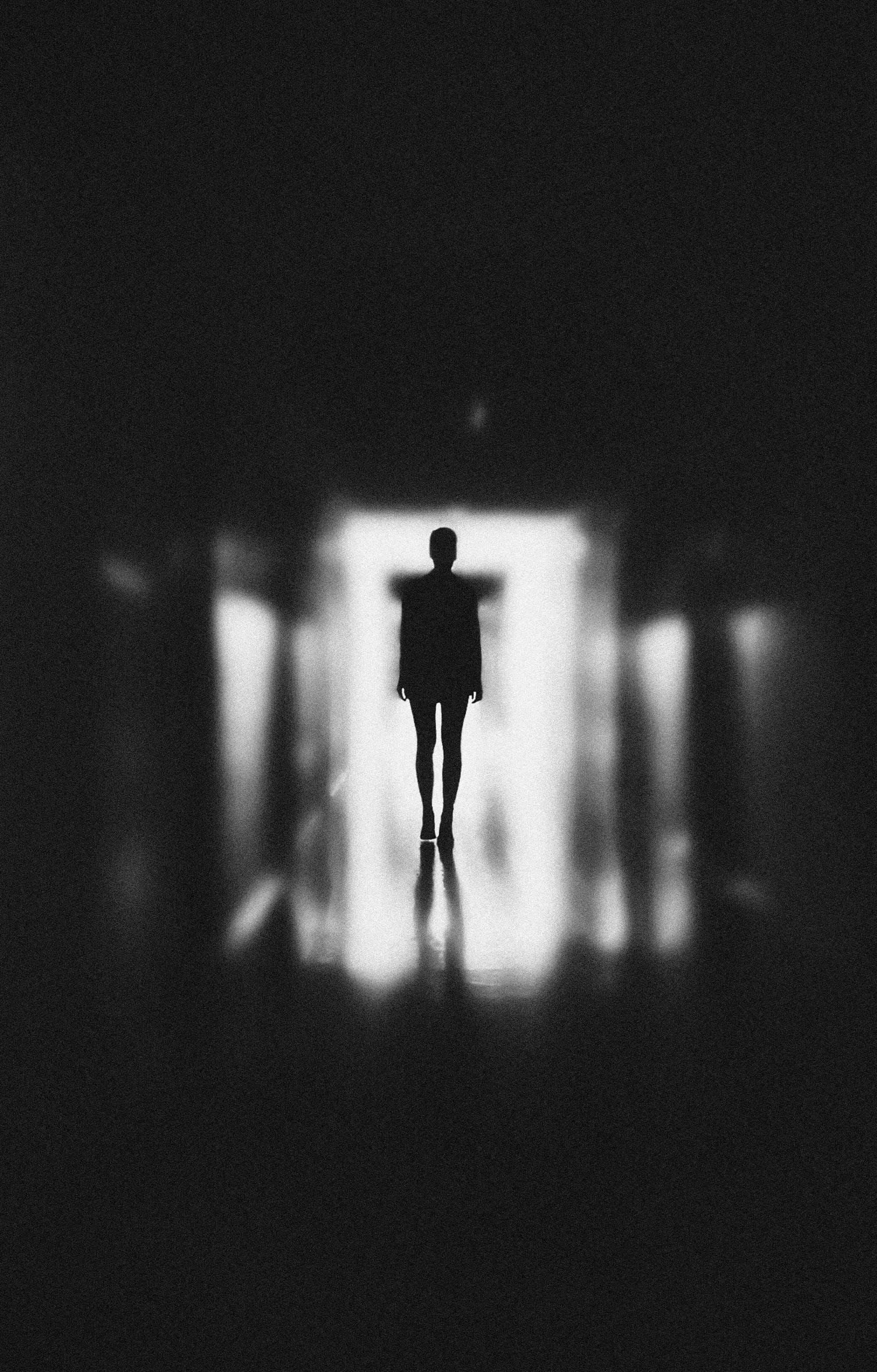
Nyctalopia, commonly known as night blindness, affects your ability to see in low-light conditions. It's crucial to understand this isn't a standalone disease.
The primary cause often involves the retina, specifically the rod cells. Rod cells in the retina play a vital role in vision after dark.
Without proper rod function, navigating dim settings can become increasingly difficult. Night blindness symptoms often include difficulty driving at night.
Some individuals might also experience discomfort in bright environments. Nyctalopia can be temporary or permanent, depending on the underlying cause.
Understanding the root cause is key to finding the appropriate treatment and management for night vision loss.
The Science of Seeing in the Dark

Seeing in the dark relies on several eye components working together. The retina, which contains rod cells, is central to this process.
Rod cells are extremely sensitive to dim light. Unlike cone cells, which function in bright light, rods excel in low-light settings.
Here's a breakdown of how night vision works:
- Rod Cells: Process faint light signals.
- Pupil Dilation: Adjusts to let more light in.
- Neural Pathways: Convey visual information to the brain.
Retinal health is crucial for effective night vision. Vitamin A is essential for maintaining this health.
A deficiency can result in deteriorated night vision. Therefore, a balanced diet supports the complex science of night seeing.
Common Symptoms of Night Blindness

Night blindness is more than just difficulty seeing in the dark. One early symptom is difficulty navigating in dim areas.
People with nyctalopia may find driving at night challenging. Objects seem less visible even with streetlights present.
Another symptom is slow adjustment from bright lights to dimmer settings. The transition might cause temporary blindness.
Additionally, affected individuals may experience eye strain or discomfort. This occurs especially in low-light environments.
Together, these symptoms suggest poor night vision. Recognizing them is key to seeking timely diagnosis and care.
Exploring the Causes of Night Vision Loss
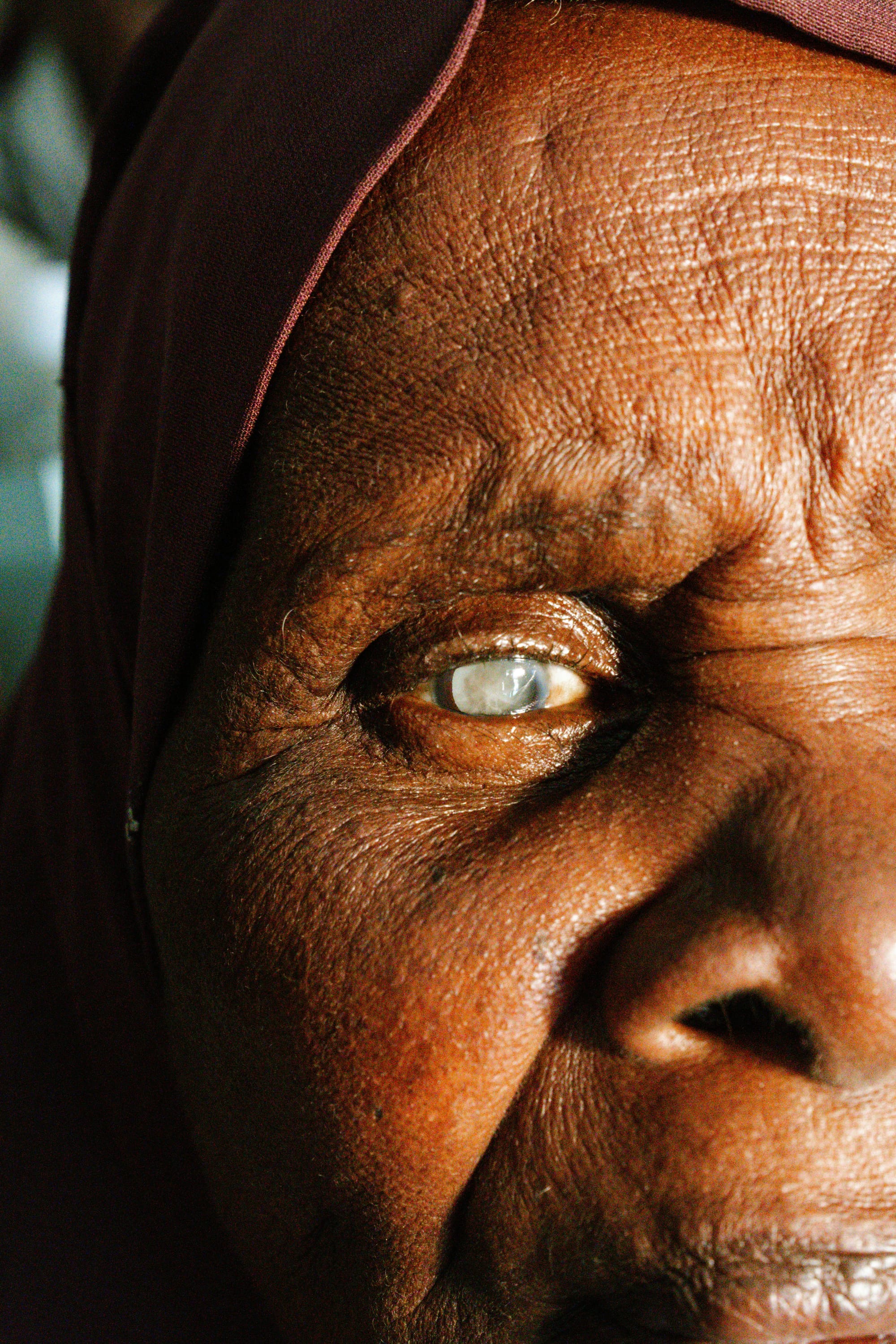
Night vision loss can be caused by many factors. One common cause is vitamin A deficiency. This vitamin is essential for healthy vision.
Rod cells in the retina are crucial for night vision. Damage to these cells can result in nyctalopia.
Genetic conditions also play a role. Retinitis pigmentosa, for instance, can significantly impact night vision.
Cataracts are another contributing factor. They cloud the lens and reduce light entering the eye.
Certain medications may impair night vision. Medications with side effects that impact vision should be used cautiously.
Uncorrected myopia is another cause of night vision difficulties. Individuals with nearsightedness struggle more in dark settings.
Age can lead to night vision issues as well. As we grow older, natural vision declines, impacting low-light sight.
Environmental factors like glare complicate night vision. Bright lights make adjusting to darkness more difficult.
To summarize, the causes of night vision loss include:
- Vitamin A deficiency
- Retinal rod cell damage
- Genetic conditions like retinitis pigmentosa
- Cataracts and medications
- Uncorrected myopia and age-related decline
- Environmental factors such as glare
The Role of Genetics and Environment in Nyctalopia

Genetic factors are crucial in nyctalopia. Many cases stem from inherited eye conditions.
Retinitis pigmentosa is a key example.
Inherited conditions can affect the retina's function. This in turn impacts night vision severely. Genes often dictate vulnerability to these conditions.
Environmental factors also influence night vision loss. Light pollution is a growing problem. It makes seeing at night more challenging.
Additionally, glare from artificial lights affects eye adaptation. This can exacerbate existing night vision issues. Outdoor lighting adjustments may help reduce impact.
Protective measures against UV light are essential. Prolonged exposure to sunlight can harm vision. Ensuring protection can mitigate risk.
In conclusion, both genetics and environment play roles in nyctalopia. Understanding these factors can guide prevention efforts. Awareness is key for managing night vision challenges.
Night Blindness Testing: How Is It Diagnosed?
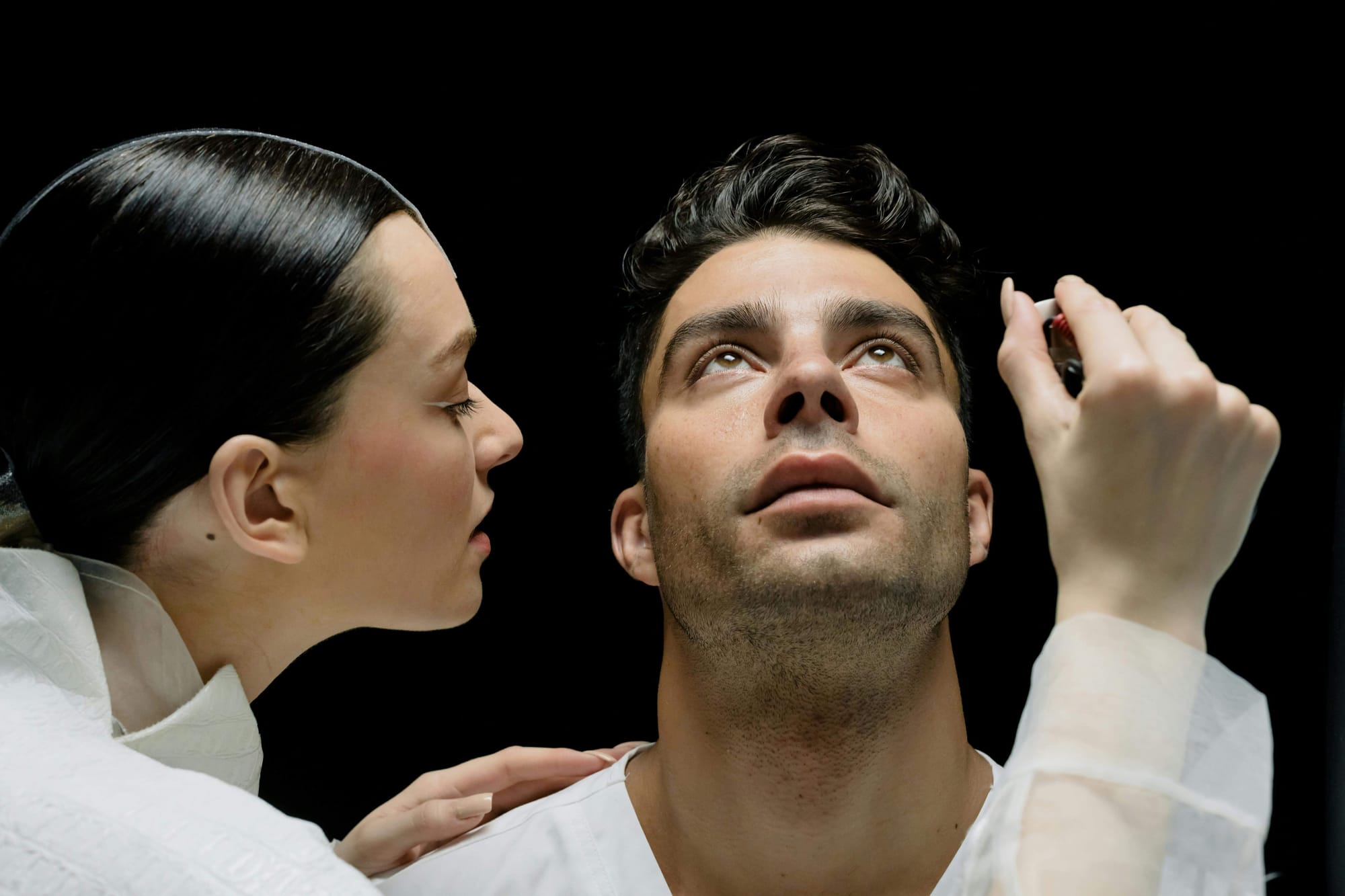
Diagnosing night blindness involves a few vital steps. An eye exam is usually the first course. This exam checks for vision clarity and retina health.
Eye specialists look for underlying issues. Cataracts and other conditions might be detected. These can contribute to night vision loss.
Special tests might be used. Electroretinography (ERG) measures retina function. It helps pinpoint if rod cells in the retina are healthy.
A thorough patient history is important. Knowing family history can uncover genetic links. This could indicate inherited vision problems.
Testing may also involve checking vitamin levels. Vitamin A deficiency is a common cause. Correcting such deficiencies can help restore night vision.
Managing Life with Poor Night Vision
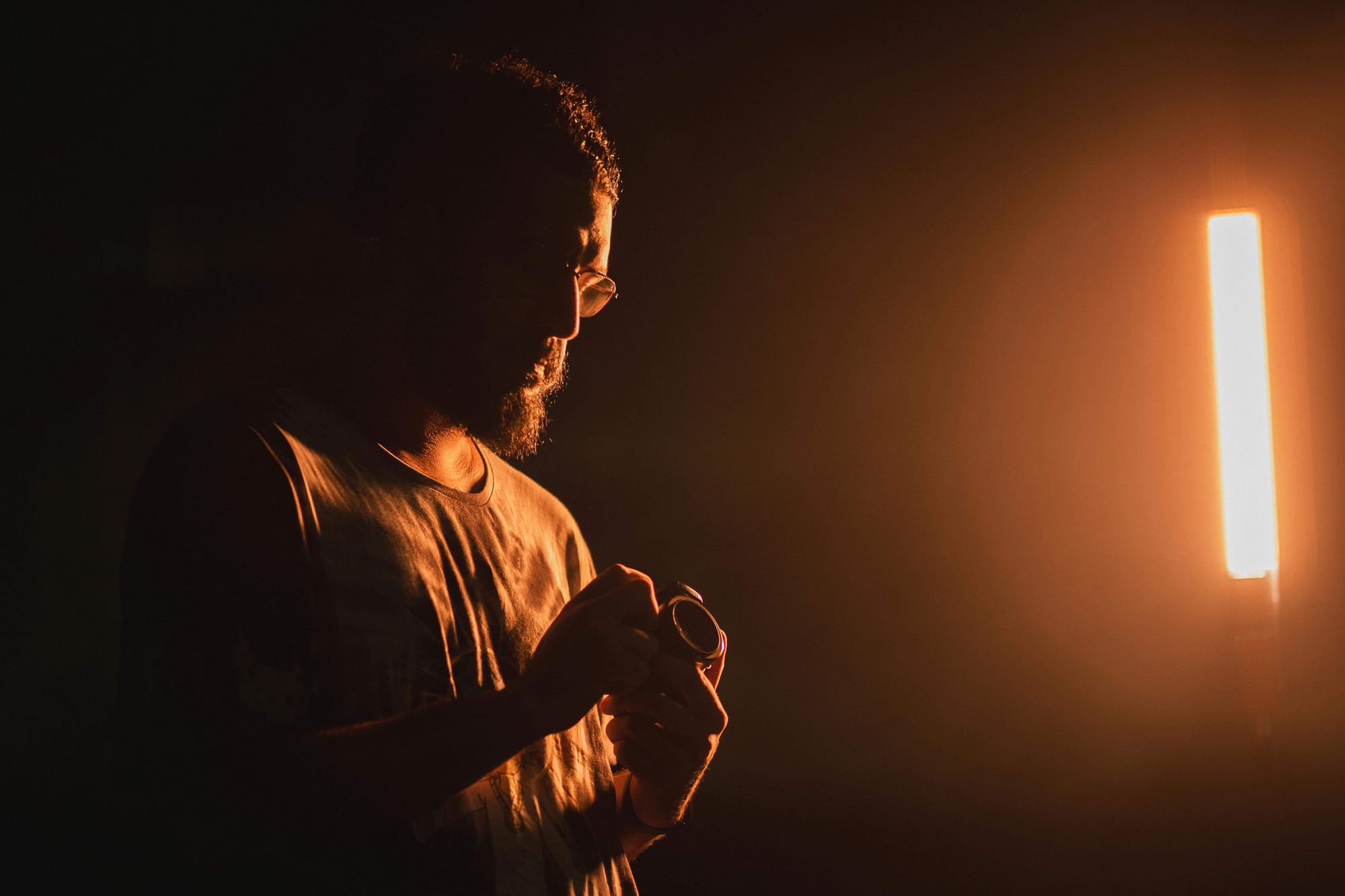
Living with poor night vision requires some adjustments. It's essential to create a safe environment at home. Adequate lighting reduces risks of trips and falls.
Certain tools can aid vision at night. Assistive devices may be helpful. Low vision aids improve clarity and confidence in dim settings.
Managing night blindness also involves lifestyle modifications. Focus on dietary changes, ensuring sufficient vitamin intake. A balanced diet supports overall eye health.
Staying proactive about eye health is crucial. Regular check-ups help monitor changes in vision. Staying informed empowers individuals to make necessary changes.
Here's a quick list of tips for managing poor night vision:
- Increase ambient lighting in frequently used areas.
- Use night-vision-friendly eyeglasses.
- Avoid driving at night unless necessary.
- Incorporate eye health supplements as recommended.
- Seek support groups for shared experiences.
Preventative Measures and Lifestyle Adjustments
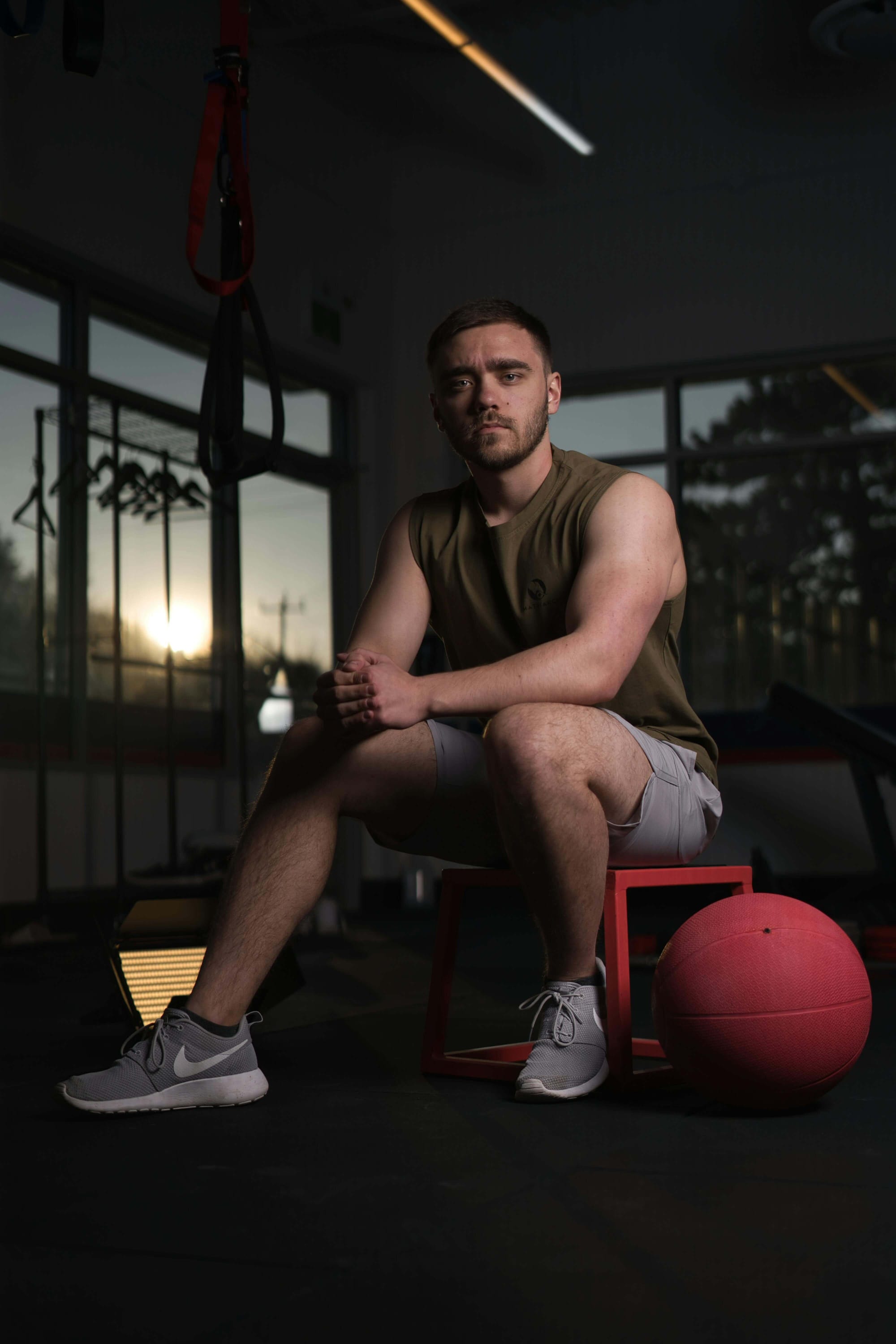
To maintain healthy night vision, consider preventative strategies. A nutrient-rich diet is paramount. Foods high in vitamin A are particularly beneficial.
Environmental factors play a significant role too. Minimize exposure to bright lights and glare. Eye protection, like sunglasses, is crucial outdoors.
Lifestyle choices greatly influence eye health. Avoid smoking and limit alcohol. Both can negatively impact vision quality.
Regular exercise also benefits eye health. Good cardiovascular health supports eye function. Blood flow and oxygen are vital for the retina.
Here's a list of lifestyle adjustments to consider:
- Include omega-3 rich foods in your diet.
- Engage in regular physical activity.
- Limit screen time before bed.
- Wear protective eyewear in bright environments.
- Schedule routine eye exams annually.
When to Seek Professional Help: Consulting an Eye Care Specialist

Timely attention from an eye care specialist is important. If you notice night vision challenges, don't delay. Early detection can prevent worsening conditions.
Observe your symptoms over time. Sudden or severe difficulties should prompt a consultation. Professionals offer accurate diagnoses.
Regular eye exams are vital. They help identify underlying issues early. Conditions like cataracts or vitamin A deficiency need professional intervention.
Communication with your healthcare provider is key. Explain your symptoms thoroughly. They can guide you through necessary tests.
An eye specialist can offer tailored solutions. From corrective lenses to surgical options, they provide essential guidance for eye health.
Conclusion: Navigating the Challenges of Nyctalopia

Living with night vision loss can be daunting. However, understanding the condition is half the battle. Knowledge empowers individuals to navigate life confidently.
Taking proactive steps is crucial. With regular check-ups and lifestyle changes, you can manage symptoms effectively. Early intervention makes a significant difference.
Support systems play a key role too. Connecting with others facing similar challenges can offer valuable insights. Shared experiences can foster resilience.
Remember, advancements in eye care continue to emerge. Staying informed about new treatments is important. Keep open communication with your eye care provider.
Nyctalopia requires adaptability, patience, and vigilance. By embracing these elements, individuals can lead fulfilling lives. Awareness and action together can mitigate the impact of night blindness.
If you're concerned about your night vision or experiencing symptoms of nyctalopia, don't wait to take action. Early detection and management are crucial for maintaining your eye health. Click here to learn more about how EvOq Technologies' innovative solutions can help you and your eye care provider create a personalized plan to protect and improve your vision.
About Us
Evoq Technologies is a pioneering medical device company based in Henderson, Nevada, with over two decades of experience in developing innovative ophthalmic and visual science solutions. Founded by industry veterans, Evoq specializes in creating advanced smartphone-based biosensor technologies for early detection and diagnosis of eye diseases.
Our flagship product, the SmartERG™ Platform, offers revolutionary retinal health testing capabilities using standard smartphones. Evoq's devices are designed to detect conditions such as Age-Related Macular Degeneration (AMD), Diabetic Retinopathy, and Glaucoma, providing cost-effective screening solutions that maintain the same standard-of-care as traditional diagnostic equipment.
With a team of experienced scientists, engineers, clinicians, and business professionals, Evoq Technologies is committed to improving eye care accessibility worldwide. Their products are used by ophthalmologists, optometrists, researchers, and veterinarians across various clinical and laboratory settings. Evoq's mission is to advance the discovery and development of new treatments for blindness, low vision, and other neurological diseases through their cutting-edge technology.
